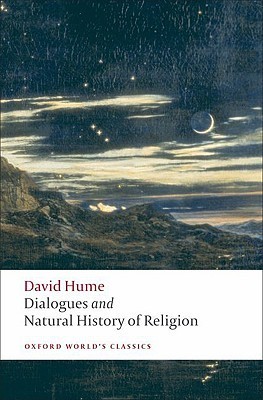
An Enquiry Concerning Human Understanding
Book Description
What if everything you believe hinges on the fragile thread of experience? In "An Enquiry Concerning Human Understanding," David Hume dares to unravel the nature of knowledge and reality, challenging the very foundations of philosophy. With gripping logic, he explores the limits of human reason, the power of habit, and the play of perception. Each page is a thrilling descent into skepticism, where certainty dissolves into doubt and the mundane becomes extraordinary. As Hume navigates through the maze of causation and belief, one question looms larger than the rest: What can we truly know, and what lies beyond our grasp?
Quick Book Summary
"An Enquiry Concerning Human Understanding" by David Hume is a seminal philosophical work that challenges the grounds of human knowledge and understanding. Hume interrogates how humans acquire knowledge, focusing on the role of experience, the limitations of reason, and the formation of beliefs. Central to his inquiry is the distinction between ideas and impressions, highlighting that our knowledge stems from sensory experiences rather than innate concepts. He famously scrutinizes the principle of causation, arguing that our sense of cause and effect arises not from logic, but from habituated expectation. Ultimately, Hume defends a form of empiricist skepticism, suggesting that much of what we claim to know is based less on certainty and more on psychological habit, raising profound questions about science, religion, and the scope of human understanding.
Summary of Key Ideas
Table of Contents
Impressions vs. Ideas: The Source of Knowledge
David Hume begins his enquiry by dissecting the origins of human ideas. He distinguishes between 'impressions,' which are vivid, immediate experiences directly from our senses, and 'ideas,' which are fainter mental copies of these impressions. Hume maintains that all complex thoughts can be traced back to original impressions, emphasizing the empirical roots of knowledge. This distinction challenges rationalists' belief in innate ideas and underscores that for us to imagine or think about something, we must first have sensory experience of it or its parts.
The Limits of Human Reason
Hume then examines the limitations of human reason, particularly in relation to knowledge that goes beyond immediate observation. He separates relations of ideas (like mathematics, which are certain but non-informative about the world) from matters of fact (knowledge about the world, which depend on experience). He argues that most of what we know about the world is not based on logical reasoning but on cause and effect—a principle that, on closer inspection, is not itself logically demonstrable.
Habit and the Notion of Causation
Delving into causation, Hume notes that we never perceive necessary connection, only the regular succession of events. Our belief in cause and effect is a product of habit or custom, not rational deduction. After witnessing events frequently conjoined, the mind develops an expectation that one will follow the other. This analysis reduces causal certainty to psychological habit, raising skepticism about scientific inquiry and inductive reasoning, and suggesting that our expectations about the future are grounded in custom, not rational proof.
Skepticism of Miracles and Superstition
Hume applies his skeptical method to the credibility of miracles and superstition. He argues that belief in miracles, which contradict established natural laws, is less reliable than our collective experience of those laws. Testimony, he contends, is often influenced by excitement, credulity, or deception, and thus miracles should be regarded with extreme skepticism. This approach has far-reaching implications for religious belief and the evaluation of extraordinary claims.
Custom as the Guide of Life
Despite his skepticism, Hume acknowledges that custom serves as a necessary guide to life. He asserts that although rational certainty about the world is impossible, our reliance on habit is unavoidable and indeed practical. Custom allows us to navigate daily life, form expectations, and learn from experience. While philosophy can reveal the limits of reason, it cannot uproot the role of experience and habit in shaping human understanding, leading Hume to a moderate skepticism that tempers doubt with the realities of lived experience.
Download This Summary
Get a free PDF of this summary instantly — no email required.





